Summary:
Ford Motor Company (Ford) is recalling certain 2012 Ford Fusion and Mustang and Lincoln Zephyr and MKZ vehicles originally sold, or ever registered, in Alabama, California, Florida, Georgia, Hawaii, Louisiana, Mississippi, South Carolina, Texas, Puerto Rico, American Samoa, Guam, the Northern Mariana Islands (Saipan), and the U.S. Virgin Islands, or "Zone A." Additionally, unless included in "Zone A" above, Ford is recalling certain 2009 Ford Ranger, Edge, Fusion and Mustang, Lincoln MKX, MKZ and Zephyr and Mercury Milan vehicles originally sold, or ever registered, in Arizona, Arkansas, Delaware, District of Columbia, Illinois, Indiana, Kansas, Kentucky, Maryland, Missouri, Nebraska, Nevada, New Jersey, New Mexico, North Carolina, Ohio, Oklahoma, Pennsylvania, Tennessee, Virginia and West Virginia, or "Zone B." Additionally, unless included in "Zone A" or "Zone B" above, Ford is recalling certain 2007-2008 Ford Ranger, Edge and Lincoln MKX, 2006-2008 Ford Fusion, Mercury Milan, Lincoln Zephyr and MKZ, 2005-2008 Ford Mustang and 2005-2006 Ford GT vehicles originally sold, or ever registered, in the states of Alaska, Colorado, Connecticut, Idaho, Iowa, Maine, Massachusetts, Michigan, Minnesota, Montana, New Hampshire, New York, North Dakota, Oregon, Rhode Island, South Dakota, Utah, Vermont, Washington, Wisconsin and Wyoming. These vehicles are equipped with certain air bag inflators assembled as part of the passenger frontal air bag modules used as original equipment or replacement equipment. In the event of a crash necessitating deployment of the passenger frontal air bag, these inflators may rupture due to propellant degradation occurring after long-term exposure to absolute humidity and temperature cycling.



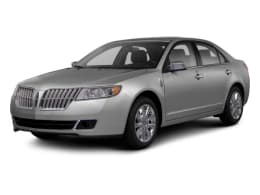
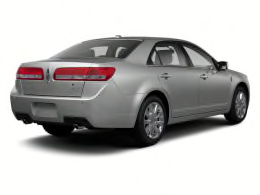
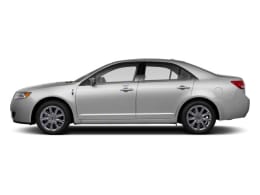
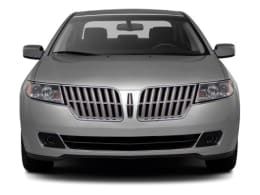
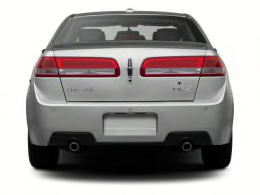
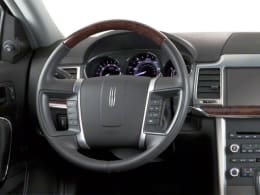
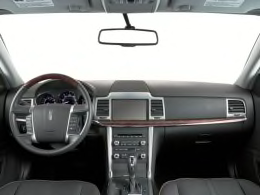
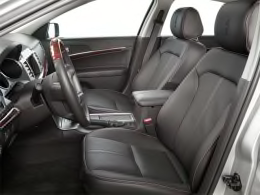

"A/C compressor went out as well as the condenser. Cost was $1200"
Anonymous, TN (2012 Lincoln MKZ 3.5 3.5-L V6)